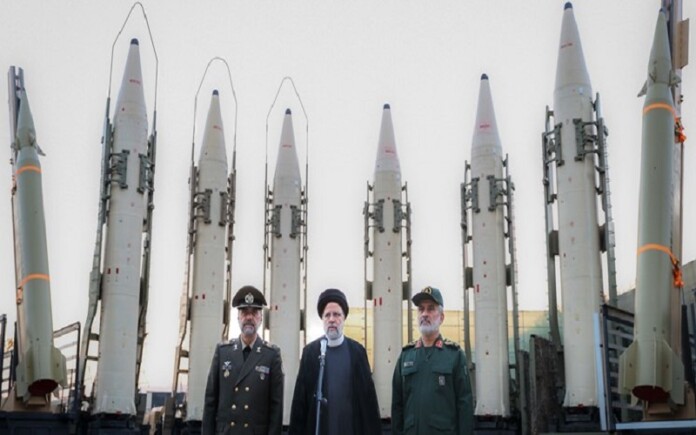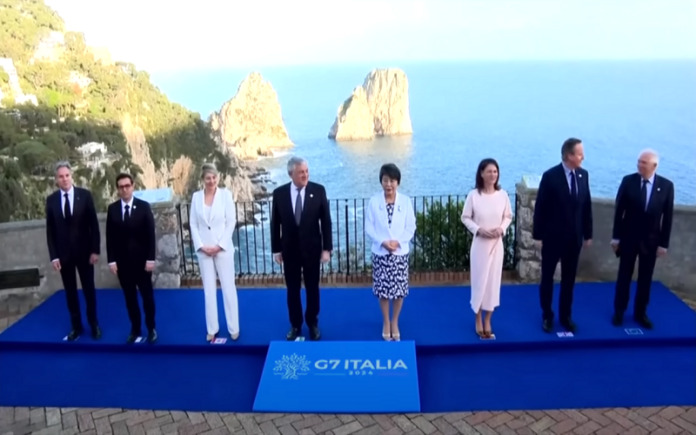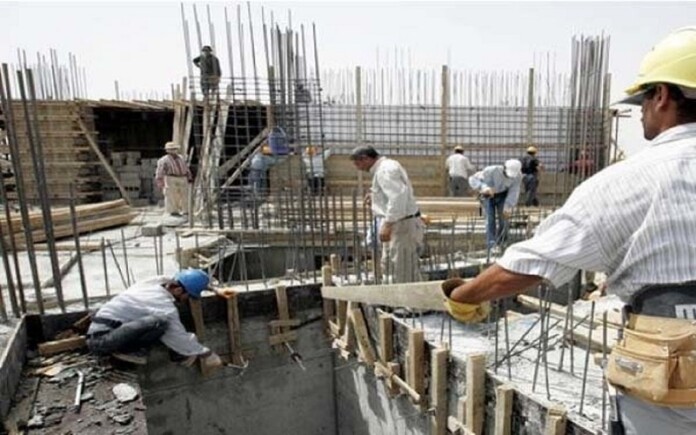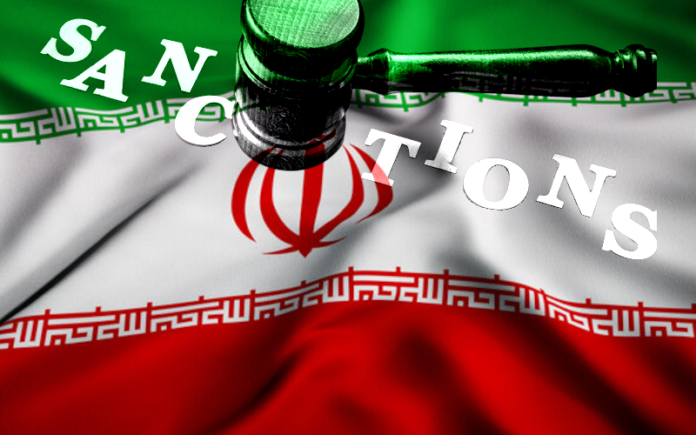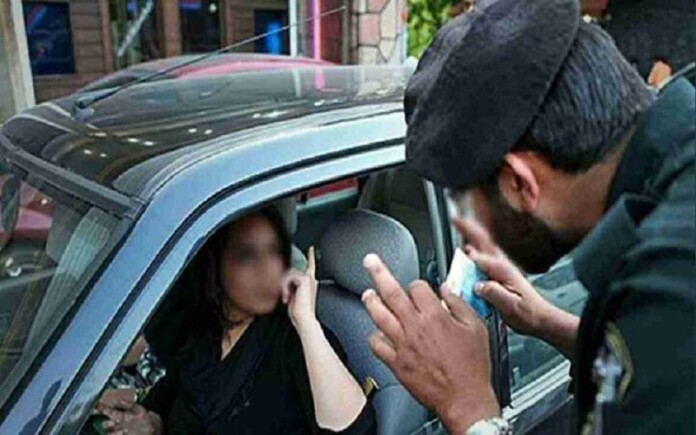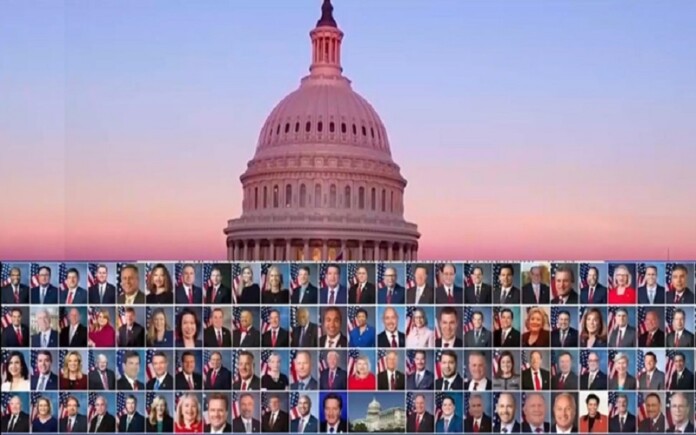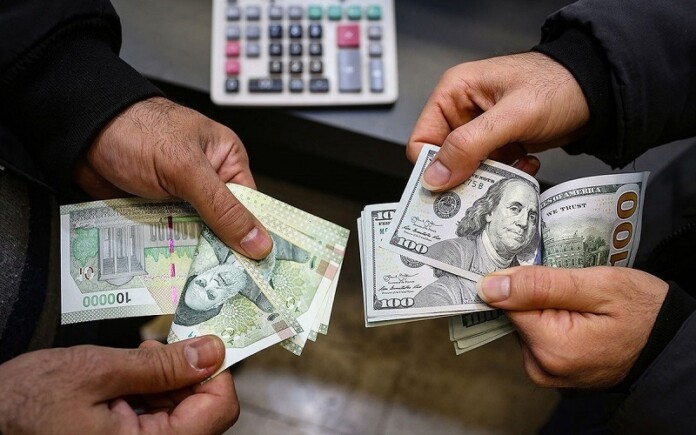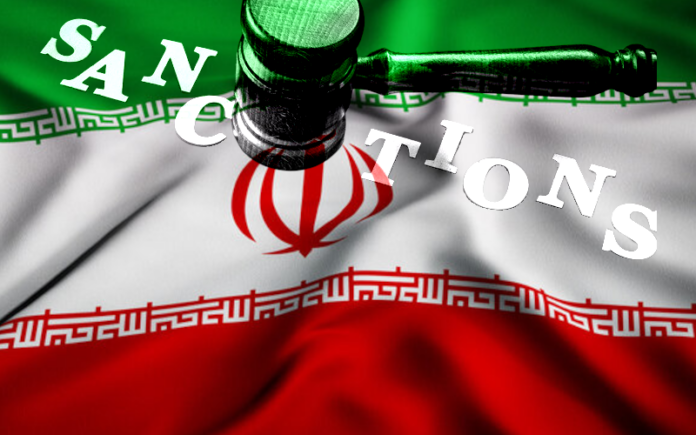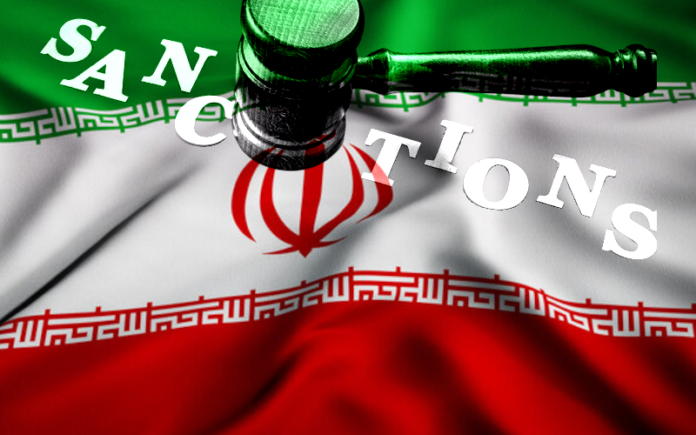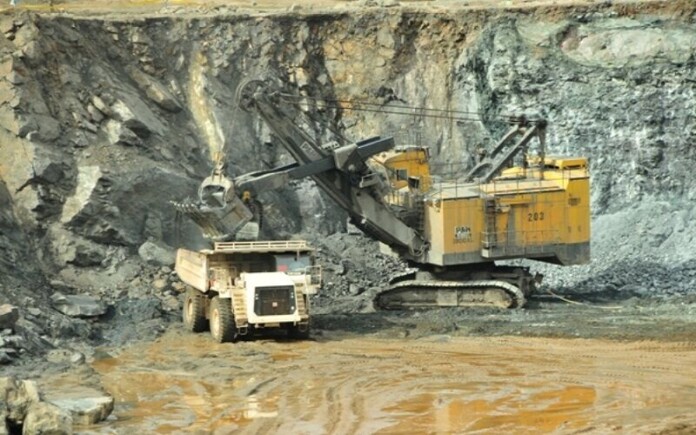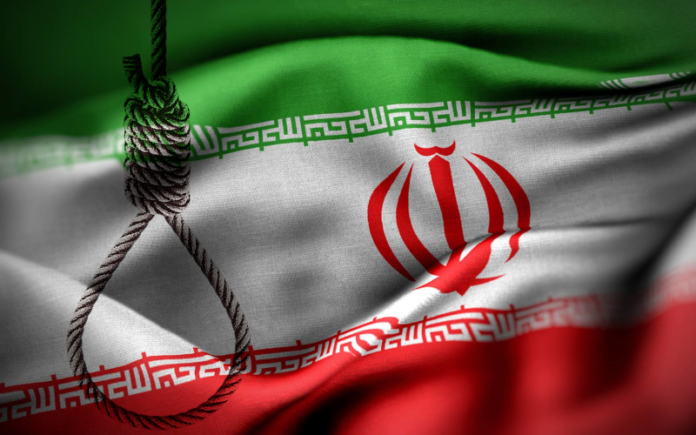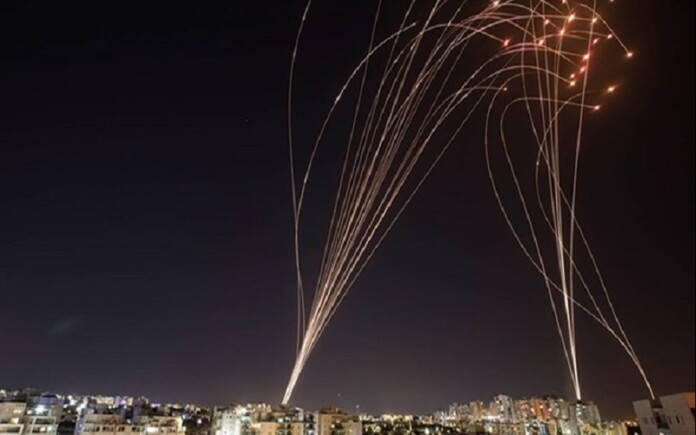The United States says that in response to the attack of the Iranian regime on Israel, it will announce a new round of sanctions against the regime, focusing on the country’s oil sales, within the next few days.
The European Union has also said that it will review new sanctions, including against the export of Iranian regime drones. US Treasury Secretary Janet Yellen said, on Tuesday, that new sanctions will be imposed against the regime.
These sanctions can be focused on reducing the capacity of the Iranian regime to export oil. She said that in response to the Islamic Revolutionary Guard Corps’ (IRGC) missile and drone attack on Israel, as well as Yemen’s Houthi attacks on commercial ships in the Gulf of Aden and the Red Sea, the USA will try to impose new sanctions against Iran with the cooperation of its allies and a global coalition.
Because the country has caused instability in the region and the global economy. White House National Security Adviser Jake Sullivan also said on Tuesday that the United States will impose new sanctions against the missile and drone program of the Iranian regime and the institutions that support the IRGC and the Ministry of Defense in the coming days.
He added that he predicts that the allies and partners of the United States will soon impose new sanctions against the regime too.
The White House also announced on Tuesday that the US president Joe Biden, in addition to coordinating with the leaders of the two congressional parties, is coordinating with the allied and partner countries of the United States, including the Group of Seven, and it is expected that these countries will soon impose their new sanctions against the regime.
Officials of the US government announced the imposition of new sanctions against the regime hours after the Senate Foreign Relations Committee approved three plans related to the regime that increase sanctions and pressure on this regime.
The US government has imposed extensive sanctions against the regime in the past years. In a report, Reuters has detailed the actions taken against the regime and the new US sanctions.
According to the Congressional Research Service (CRS), Washington’s sanctions against the regime have banned almost all US trade with the country, frozen the Iranian regime’s assets in the US, and banned foreign aid and US arms sales.
The CRS reported in a report last year that thousands of individuals and companies, both Iranian and foreign, were targeted under the sanctions program as Washington sought to limit the regime’s power and change its behavior.
U.S. concerns include the regime’s nuclear program, human rights abuses, and the Iranian regime’s support for groups the U.S. has registered as terrorists. According to the Congressional Research Service, US sanctions against the regime are arguably the most extensive and comprehensive set of sanctions that the United States has imposed against another country.
Peter Harrell, a former US National Security Council official, said U.S. options for further sanctions include targeting the regime’s oil export flows and playing a more aggressive game to go after major Iranian regime companies and investors.
He told Reuters that one of Washington’s most important steps is to force the European Union and other Western allies to impose multilateral sanctions against Tehran, as the United States currently imposes most of the sanctions against the regime.
Joseph Borrell, the head of the European Union’s foreign policy, said that after the attack of the regime on Israel, the European Union has started work on increasing sanctions against Tehran. He said the member states agreed to use all their diplomatic efforts to avoid the conflict spreading and turning it into a ‘regional war’.
He says that the European Union intends to intensify sanctions on the supply of weapons by the regime, including drones, to Russia and its proxy groups in the Middle East. The European Union has already sanctioned Iran for equipping Russia with drones in Moscow’s war against Ukraine.
He also said that some EU members raised the prospect of sanctioning the IRGC. The Republican leaders of the House of Representatives have accused Joe Biden, the President of the United States, of being unable to implement existing measures and have said that they will approve a series of new plans to intensify sanctions against the regime.
Late Monday, the House of Representatives overwhelmingly approved the Iran-China Energy Sanctions Act, which expands sanctions against the regime by requiring annual reports to determine whether Chinese financial institutions have been involved in Iranian oil deals.
It prohibits US financial institutions from holding accounts for any Chinese entity involved in those transactions. US sanctions against the regime have targeted nuclear capabilities, energy and defense sectors, government officials, banks and other aspects of the regime’s economy.
The United States has imposed sanctions on the Atomic Energy Organization of Iran and other companies it says are linked to the regime’s nuclear program, as well as dozens of banks, including the Central Bank of Iran.
Washington has also targeted the National Iranian Oil Company and the Ministry of Petroleum in an effort to block the regime’s revenues from the energy sector, and has sanctioned companies outside Iran – including in China and the United Arab Emirates – for doing business with Iran’s petrochemical sector.
The United States has also imposed a series of sanctions against the IRGC and the Ministry of Defense and Armed Forces Support, as well as individuals and entities allegedly associated with them.
Washington has identified the IRGC and the Quds Force as terrorist organizations. In the sanctions imposed by the United States, high-ranking officials of the regime, including the regime’s president Ebrahim Raisi, have been targeted.
Key Takeaways:
- The United States and European Union are planning new rounds of sanctions against Iran in response to Iran’s attacks on Israel and support for Russia.
- The new US sanctions will focus on reducing Iran’s oil export capacity and targeting the Iranian regime’s missile/drone programs, the Islamic Revolutionary Guard Corps (IRGC), and the Ministry of Defense.
- The US is working to get its allies and partners, including the G7 countries, to also impose new sanctions on Iran.
- The US sanctions on Iran are considered the most extensive and comprehensive set of sanctions the US has imposed on any country.
- The sanctions target Iran’s nuclear program, human rights abuses, support for terrorist groups, as well as key sectors of Iran’s economy like energy, banking, and defense.
- The European Union is also planning to increase sanctions on Iran, including on the supply of weapons like drones to Russia and potential sanctions on the IRGC.

